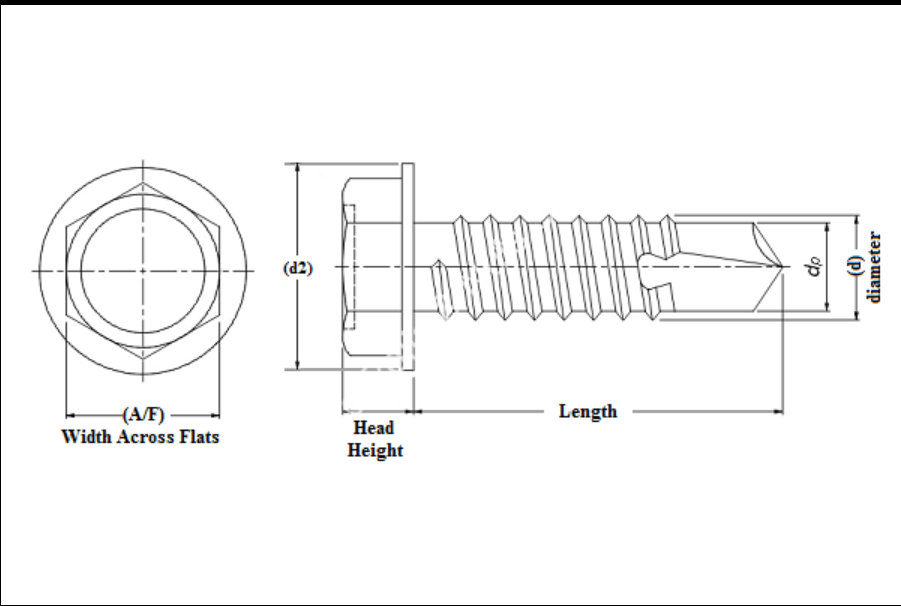flat washer lock washer
Understanding Flat Washers and Lock Washers A Comprehensive Guide
When it comes to mechanical fastening, the terms flat washers and lock washers frequently cross the minds of engineers and DIY enthusiasts alike. Both types of washers play crucial roles in ensuring that fastened components remain secure under varying conditions, including vibrations, thermal expansions, and load variations. This article will explore the characteristics, applications, and differences between flat washers and lock washers, providing valuable insights into their importance in mechanical assemblies.
What is a Flat Washer?
A flat washer is a small, flat, circular piece of material, typically made from metal or plastic, that is placed between a fastener (like a bolt or screw) and the surface of the material it is fastening. The primary function of flat washers is to distribute the load of the fastener over a larger area. This helps to prevent damage to the surface being fastened, especially in softer materials like wood or aluminum. Flat washers also help to reduce friction and act as a barrier against corrosion when made from suitable materials.
Flat washers come in various sizes and thicknesses, which allows engineers to select the appropriate type for specific applications. They are often used in construction, automotive, and manufacturing industries. In many cases, flat washers are simply referred to by their inner and outer diameters as well as their thickness, e.g., a ¼-inch flat washer.
What is a Lock Washer?
Lock washers, on the other hand, are specifically designed to prevent a fastener from loosening due to vibrations and dynamic loads. They typically feature a split or wave design, which creates friction between the washer and the surface of the fastener or the material it is attaching to. This friction generates a locking effect that helps maintain tightness in bolted connections.
There are several types of lock washers, including split lock washers, star lock washers, and tooth lock washers. Each type has its specific design that enhances the reliability of the fastener in different conditions. For example, split lock washers are dome-shaped and designed to dig into the surface of the bolt head and the material, thus providing excellent resistance to loosening.
Lock washers are essential components in high-vibration environments, like automotive or aerospace applications. They are critical in ensuring the integrity of mechanical assemblies in such scenarios.
flat washer lock washer

Key Differences Between Flat Washers and Lock Washers
While flat washers and lock washers might appear similar at first glance, their functions and designs are distinct and tailored to specific needs
1. Purpose The primary function of flat washers is load distribution, while lock washers are specialized for preventing loosening due to vibrations.
2. Design Flat washers are uniformly flat and circular, whereas lock washers come with specific shapes (like split or tooth designs) that create a locking mechanism.
3. Applications Flat washers are used in a broader range of applications, while lock washers are reserved for high-stress environments where vibration is a concern.
4. Material Choice Both types of washers can be made from various materials, but the choice often depends on the specific requirements of the application, such as resistance to corrosion and temperature extremes.
5. Installation Flat washers are generally used in conjunction with bolts to prevent surface damage, while lock washers must be positioned carefully to achieve their locking effect.
Conclusion
In conclusion, flat washers and lock washers are integral components in the world of mechanical fastening. Their distinct roles in load distribution and vibration resistance make them essential for reliable and durable assemblies. Understanding the differences and appropriate applications of each type of washer is vital for engineers and craftsmen aiming to achieve safe and effective results in their projects. Whether you're working on a home improvement project or a high-stakes engineering task, selecting the right type of washer can significantly influence the performance and longevity of your assembled components.
-
Top Choices for Plasterboard FixingNewsDec.26,2024
-
The Versatility of Specialty WashersNewsDec.26,2024
-
Secure Your ProjectsNewsDec.26,2024
-
Essential Screws for Chipboard Flooring ProjectsNewsDec.26,2024
-
Choosing the Right Drywall ScrewsNewsDec.26,2024
-
Black Phosphate Screws for Superior PerformanceNewsDec.26,2024
-
The Versatile Choice of Nylon Flat Washers for Your NeedsNewsDec.18,2024










